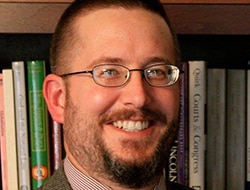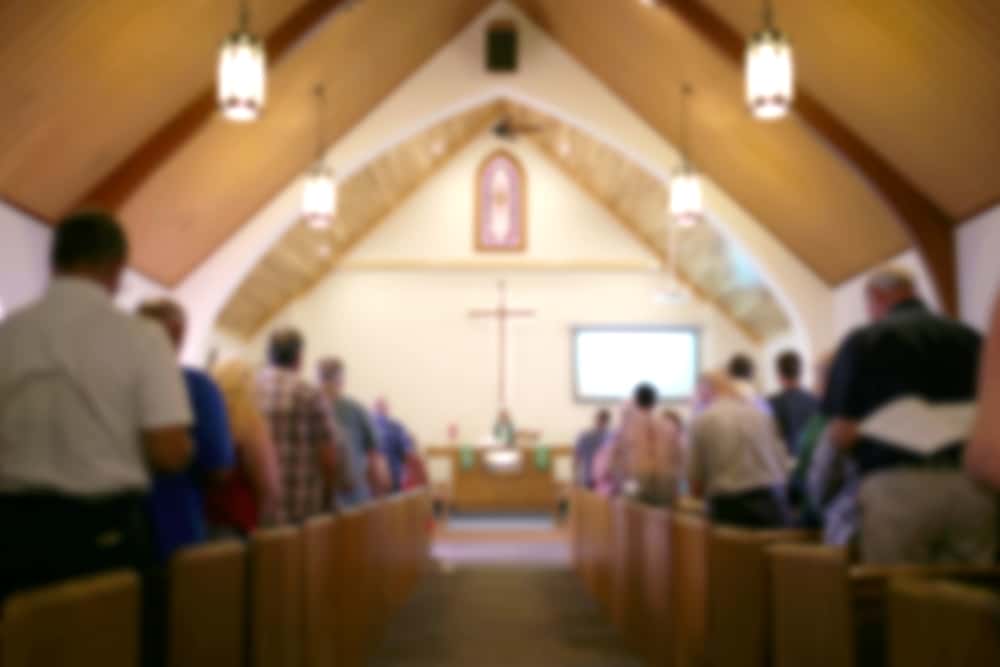
I spent a lot of time in the first decade of this millennium holding spirited debates with Catholic libertarians. At least, that’s the nice way to characterize them. More often, they were knock-down, drag-out fights, with more than a bit of sarcasm on my side and considerable condescension and ad hominem attacks on theirs. We were young then, or at least younger than we are now.
What was the core contention at the heart of our debates? If you asked them, they would say it had to do with the limits of the Catholic Church’s legitimate teaching authority. I would argue that it was something even more fundamental: the very essence of man’s moral agency, free will.
Their argument was that economics is governed by immutable laws, and that anything in two millennia of Catholic social teaching, or any pronouncement by a pope, that seemed to contradict those laws must be wrong. The Church’s teaching authority is limited (the argument went) to matters of faith and morals, and economic “laws” fall outside of faith and morals as surely as the law of gravity or Newton’s Third Law of Motion do.
Without rehearsing the entire debate here, my main objection is that economics can be both descriptive and prescriptive, and much of what are described as economic “laws” fall in the latter category. The history of economic activity over many millennia is wide and varied, and declaring certain behaviors that have become widespread only over the past three centuries to be “laws” is both ahistorical and a deliberate attempt to steer man’s behavior in a certain direction.
But if our behavior can be steered in a certain direction, that means there are other directions we can take, too. And if, as the Church teaches, all of our actions are essentially moral choices, then the Church can and should help us to form our consciences appropriately and call us to make the right choices. That’s the fundamental purpose of Catholic social teaching.
How does free will enter into this? People make choices all the time that make no rational sense within the bounds of the “laws” of economics. Imagine family life governed not by love but by contracts and the law of supply and demand. These same Catholic libertarians argued strenuously against government social programs on the grounds that private charity is better able to provide such necessary services, but charity, too, falls outside economics as they understand it.
The more sophisticated of the Catholic libertarians carve out an exception for such selfless acts by trying to reframe them as selfish: You value your own sacrifice on behalf of your family, or others in your community, more than you value that which you give away. But once one has granted that exception, the entire argument falls apart, because if people acting out of love can flout economic “laws,” then they aren’t really laws, and a different world, governed by different rules, is possible.
And that should surprise no Catholic, because this truth lies at the heart of our faith. Today the Church in the United States celebrates the feast of Corpus Christi, of the Most Holy Body and Blood of Christ. Christ’s self-sacrifice on the cross, and his continuing sacrifice on every altar of every Catholic church around the world in the Sacrament of the Eucharist, is the source and summit of our faith. And it cannot be described or explained by economic “laws.”
Nor can its effects on the world over the last 2,000 years be explained away by those supposed laws. Men and women have died to protect the Blessed Sacrament, and more have lived lives transformed by its graces. They have made disciples of all nations, not for their own sake but for his. They have established monasteries and religious orders that don’t abide by economic “laws” and yet still last, and created hospitals and orphanages and homes for the poor and the terminally ill, with no thought for making a profit but only of healing bodies and saving souls. And they created economic structures that sustained communities throughout Christendom for a thousand years before the Protestant Reformation undermined its foundations and, later, Adam Smith and David Ricardo brought a new world into being through their writings.
The economic “laws” of that new world do (as I mentioned yesterday) accord with our fallen nature. But the Church offers us the grace to rise above the effects of original sin, not to wallow in them. We are called to participate in the economy of salvation, where the laws of mercy and love and sacrifice, not selfishness and scarcity, prevail.
Scott P. Richert is publisher for OSV.





